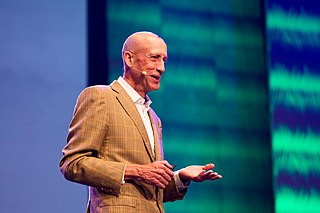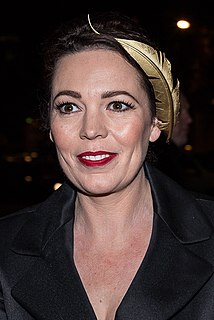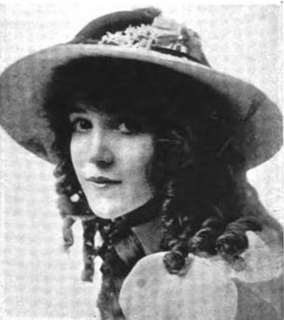A Quote by Louisa May Alcott
Well, if I can't be happy, I can be useful, perhaps.
Related Quotes
Finally, I would like to assure my many Buddhist, Christian, Hindu, Jewish, and Muslim friends that I am sincerely happy that the religion which Chance has given you has contributed to your peace of mind (and often, as Western medical science now reluctantly admits, to your physical well-being). Perhaps it is better to be un-sane and happy, than sane and un-happy. But it is the best of all to be sane and happy. Whether our descendants can achieve that goal will be the greatest challenge of the future. Indeed, it may well decide whether we have any future.
So often, we blame other people when, really, the problem is right down in here. I'm not happy. I don't know what's wrong. If I just had another job, I could be happy. If I just get married, I would be happy. Well if I just wasn't married, I would be happy. Well, if I just had some kids, I'll be happy. I'll be happy when these kids finally grow up and get out of here. If I had a bigger house, I would be happy. Well, I got a big house. Now if I just had a maid to clean, I'd be happy. Well, now if I just had a maid I could get along with better, I'd be happy.
Perhaps you know some well-off families who do not seem to suffer from their riches. They do not overeat themselves; they find occupations to keep themselves in health; they do not worry about their position; they put their money into safe investments and are content with a low rate of interest; and they bring up their children to live simply and do useful work. But this means that they do not live like rich people at all, and might therefore just as well have ordinary incomes.
I wonder if childhood is ever really happy. Just as well, perhaps. To be blissfully happy so young would leave one always seeking to recapture the unobtainable. Like those people who were always happiest at school or university. Always going back. No reunion ever missed. It always seemed to me rather pathetic.
The steadily inward look leads us all to death, nations as well as persons, and is equally infantile in them all. Perhaps the most useful thing I have learned in my lifetime is that the process of maturing gradually turns the mind away from the small-self to the greater-self that is only served by serving others.





































